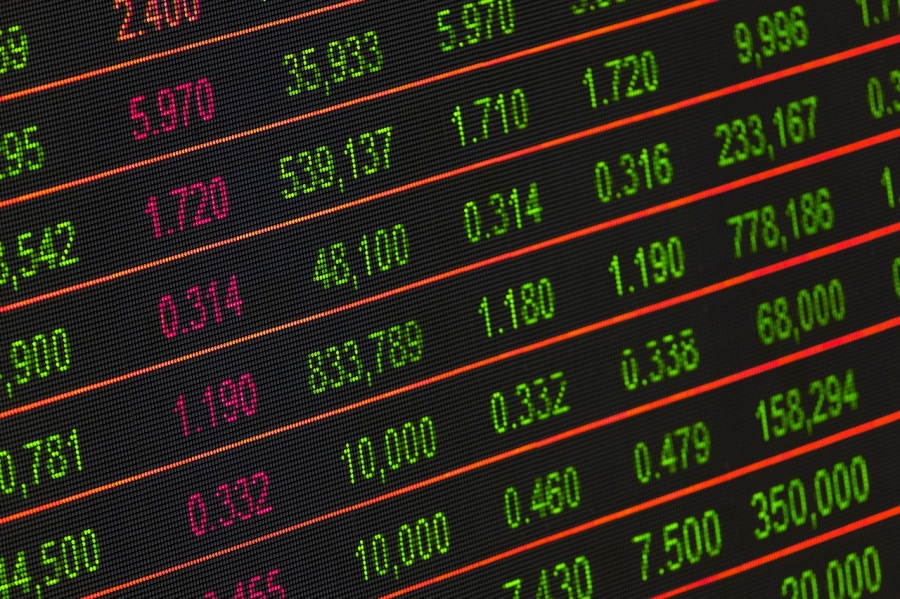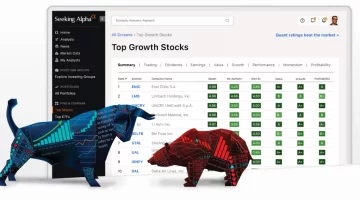Investors Diversify Their Investments With Commodity Trading

Like Forex and shares, commodity derivatives' trading is growing popular among the Indian investors, as the market has opened up nation-wide platforms for retail investors and traders to participate in commodities.
Multi-commodity exchanges like the National Commodity and Derivative Exchange, the Multi Commodity Exchange of India Ltd and the National Multi Commodity Exchange of India Ltd are established in the country to support retail investors, who want to diversify their portfolios beyond shares, bonds, real estate, and begin commodity trading.
The trading and settlement system in these exchanges is electronic, which makes it convenient to deal in commodity futures like gold, silver, base metals, crude oil, natural gas, agricultural commodities among others, without the actual need of possessing them as physical stocks. Also, live share prices, allows the trader to follow the market movements quickly and make smarter decisions.
Knows the basics
In commodity trading, the investors can fund their account based on their comfort level and risk tolerance level. However, it is essential to start familiarizing the norms of placing orders and trading strategies to deal wisely and prevent from overtrading.
When trading in commodities, the investors need do their homework well, understand the fundamentals of demand and supply, and make decisions based on storage and consumption of products. It offers an excellent portfolio diversification option to the investors because the commodities futures are less volatile compared to equity and bonds.
Retail investors can get involved in commodity trading seeking the support of a broker and trading happens online via the internet similar to the equities. Forward Markets Commission regulates the exchanges, but here brokers do not have to register themselves with the regulator.
Similar to the stocks trading, here too, the investor will require a bank account, a commodity demat account and account with the depository to start. An agreement with the broker is needed. The investor also has to supply the essentials required under Know Your Client format and by the exchanges and broker.
With a minimum amount of Rs 5,000, a retail investor can start their journey into the commodity trading since only a marginal amount (5-10 percent) of the actual value of the commodity contract is paid upfront to exchanges via the brokers.
Every broker and commodity may have a different amount and quantity requirements. For instance, in case of gold, one trading unit (10gms) is between Rs 30,040 and at 10 percent Rs 3,004 is payable upfront. The trading lots and rates of agricultural commodities also differ from exchange to exchange (in kg, quintals or tonnes). However, the base fund starts at approximately Rs 5,000.
Cash vs delivery mechanisms
While every exchange allows cash and delivery mechanisms in trading, when your choice is cash settled, indicate this early on when placing the order that you will not deliver the item. And when taking or making a delivery is your chosen option, keep all warehouse receipts handy for review. Moreover, you have the liberty to change your selection several times between cash settlement and delivery mode, until the expiry of the contract.
Know the fees
A broker may charge from 0.10-0.25 percent of the contract value but cannot exceed the maximum limit laid by the exchange. Transaction charges are also applicable from Rs 6 and Rs 10 per lakh/per contract. While research and collecting information from various channels like financial newspapers and magazine is helpful and following the commodity rates online and at live share prices portals is the way key to being informed and successful commodity trading.
More to Read:
Previous Posts:






